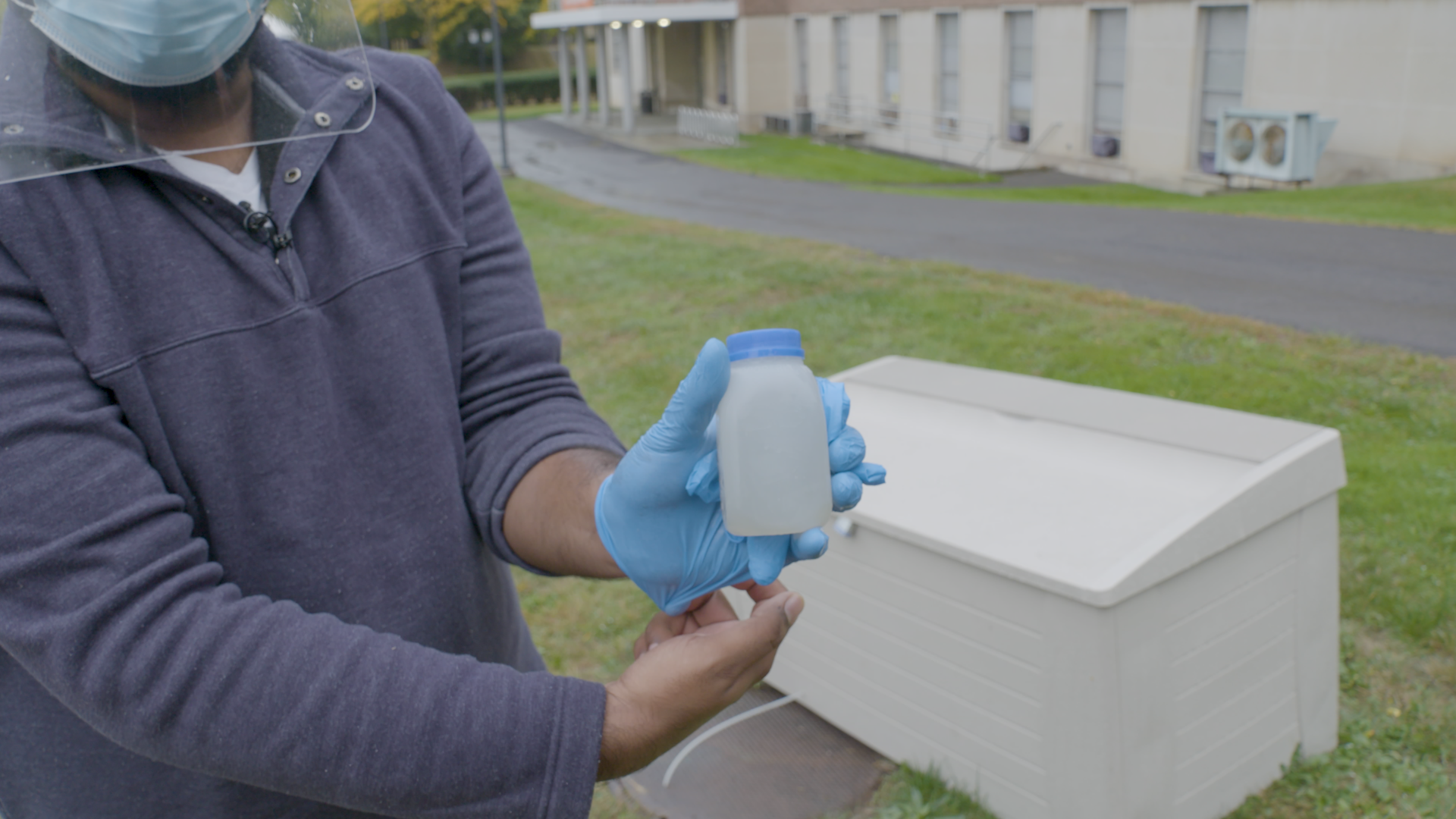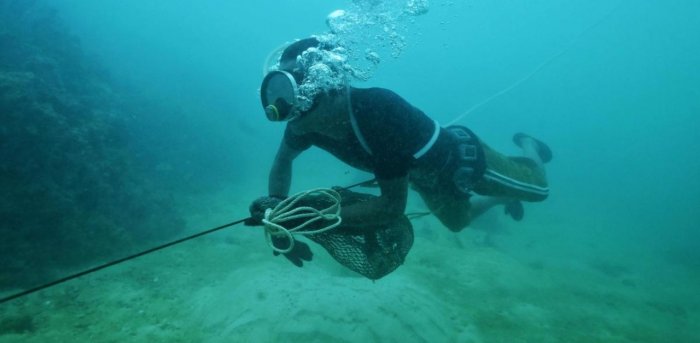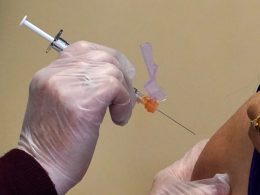Michigan State University has received $2.1 million in grant funding to test for the coronavirus in wastewater. The goal of such testing is to act as an an early warning system for COVID-19.
Funding came from the Michigan Department of Environment, Great Lakes and Energy, and the Michigan Department of Health and Human Services from Michigan’s allocation of federal money under the Coronavirus Aid, Relief, and Economic Security Act, or ‘CARES.’
Joan Rose, a lead researched at MSU, was awarded $1.3 million of the total funding to train and assist labs with analytical methods. Rose will be working with 20 advanced PCR (polymerase chain reaction) laboratories around the state. PCR is a DNA-based technology that can detect and quantify viruses. More than 100 wastewater locations will be monitored for COVID-19.
“Early in the infection from both people with symptoms and those without symptoms the virus is excreted in feces and thus ends up in wastewater, working with wastewater utilities we can provide an early look at what is happening in the community maybe up to a week in advance,” Rose said.
Irene Xagoraraki, an associate professor of Civil and Environmental Engineering, was awarded $800,000 to expand an ongoing COVID-19 detection program to test untreated sewage in the Detroit area. In 2017, she was funded by the National Science Foundation to begin a wastewater detection project in collaboration with the Great Lakes Water Authority and the Detroit Water and Sewerage Department. In April of 2020, she received additional funding to focus on COVID-19 and develop an early warning system for the Metropolitan Detroit Area.
“Our early work confirmed the validity of the method to provide early warning of multiple viral diseases, including COVID-19,” Xagoraraki said. “The Detroit project goes above and beyond simple testing of wastewater. We include multiple other data, measurements and processes to provide a tool that can be used by public health officials.”












